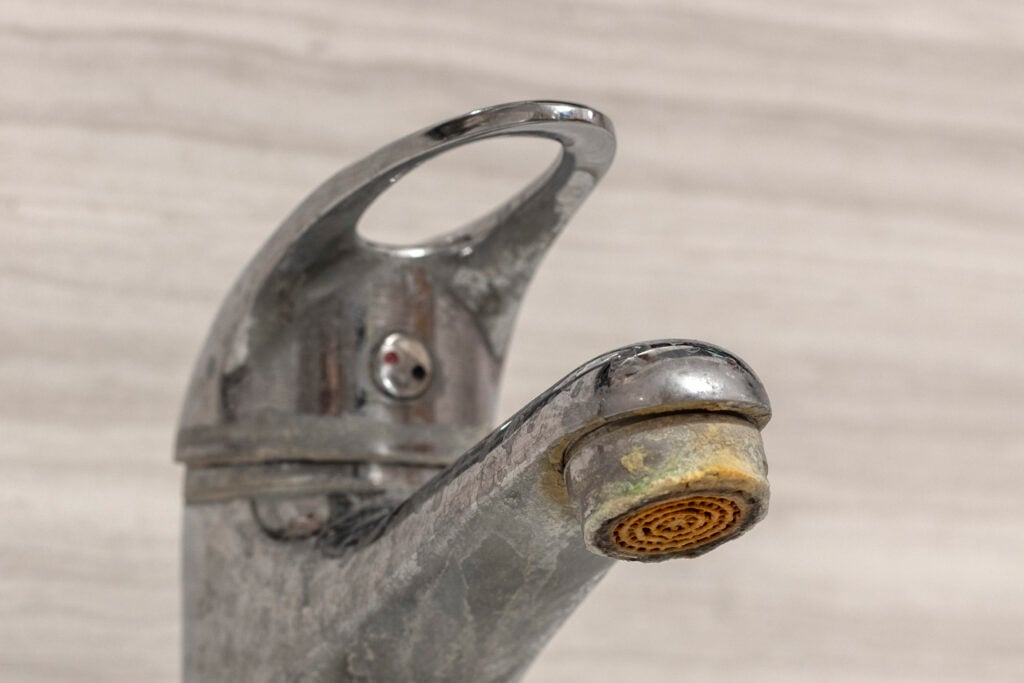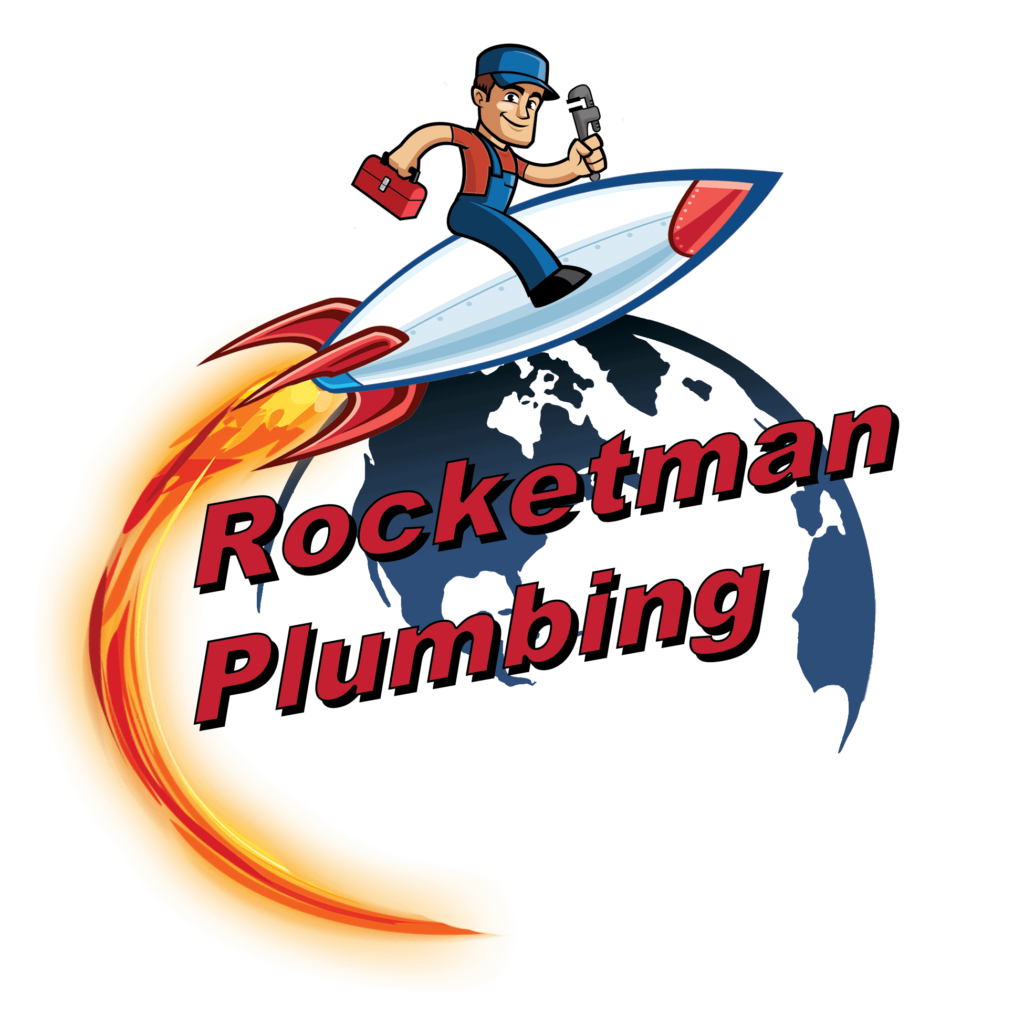
The water across the U.S. ranges from mildly hard to extremely hard, terms referring to the quantity of dissolved calcium and magnesium in the water supply. These dissolved minerals do not harm people when they drink the water but they can wreak havoc on their pipes, fixtures and appliances.
Which American Regions Have Hard Water?
According to the U.S. Geological Survey, the hardest water shows up in the Plains states from Texas to Canada, the Rocky Mountains, the Southwest and all along the U.S.-Mexico border. The Great Lakes area, Nevada and parts of Illinois, Minnesota, Ohio, Florida and New York also have hard water.
Blessed with fewer pipe-clogging minerals are Hawaii, the Pacific Northwest, the Southeast/Gulf states (except Florida) as far north as Virginia plus New England. Anyone else would be wise to install a water softener to remove the minerals that can build up inside plumbing.
What Hard Water Does to Appliances and Household Items
These dissolved minerals gradually get deposited on anything that touches the water. You may have seen cloudy drinking glasses, a murky film on a shower door, or a crusty mineral buildup (called scale or limescale) around faucets. Toilets develop a mineral ring at the waterline. When hair is washed in this water, it can be brittle and unmanageable. Clothes washed in this water become dingy. Whites become grayish. Bathtubs will be scummy after use.
But these inconveniences are minor compared to what is happening out of sight. Water heaters don’t work as well because there is a buildup of minerals on the heating element. Energy bills go up as a result. The hot water supply may become inconsistent and the life span of the water heater may be reduced.
Appliances don’t last as long because scale builds up inside washers, dishwashers and coffee makers. Spray nozzles become clogged and water pumps inside the appliance may have to work much harder as scale deposits accumulate. Appliances may need replacement sooner than usual if these deposits are not routinely removed or if a water softener is not installed.
Hard Water Damage to the Plumbing System Itself
The most expensive damage may occur inside a home or business’s plumbing system. Water pipes can develop such a thick deposit of minerals that water pressure drops significantly. Well pumps can also be clogged by these mineral deposits. High levels of these minerals can also corrode some metal fixtures in the plumbing system. Ultimately, some pipes may begin to leak and can even burst.
If your home is supplied by a private well, make sure your well pump is a model that is specifically designed to resist accumulations of these minerals.
Replacing pipes, water heaters, appliances and pumps is expensive. It is better to combat hard water problems before things break.
Solutions to Prevent Hard Water Issues
Vinegar is the enemy of scale. Small items like shower heads or glasses can be soaked in white vinegar overnight to clean them. There are also descalers available at home improvement stores. Some are specifically made for food preparation items like kettles and coffeemakers.
Vinegar can also be run through your dishwasher and washing machine but must be done regularly to eliminate scale before it becomes thick and resistant to removal.
A longer-term and less labor-intensive solution is to install a water-softening system to remove minerals before the water reaches your faucets and appliances. When your household is supplied with soft water, your glassware, faucets, fixtures, clothes, hair and skin will thank you for it.
Some whole-house filtration systems can remove a portion of these hardness minerals but they are not really designed for or effective at this job unless there is a water-softening component included.
Rocketman Plumbing Is Ready to Install Your Water Softening System
The water in New Mexico ranges from hard to very hard. We have installed many water-softening systems in the Albuquerque area to help our customers avoid the many problems that can result. If you’re ready to stop coping with scale buildup inside your pipes and on your fixtures, give us a call. We’ll come right out and give you a written estimate. Give us a call at (505) 243-1227.
